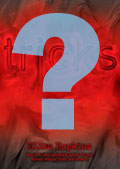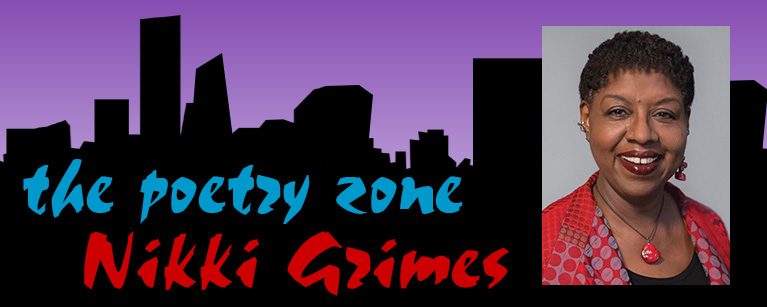 As we run headlong toward the Christmas season, and leave behind what has felt like a season of censorship, my thoughts incline toward the most contentious book ever written. Its pages are teeming with witches, sorcerers, drunkards, despots, tyrants, thieves, and prostitutes—offensive, all. Much of its subject matter is even worse: rape, incest, infanticide, slavery, Satanism, and sodomy are on the list. Murder and adultery are front and center. War and pestilence take their place. Circumcision and castration come up for discussion. As for sexual intimacy—whether heterosexual or homosexual—well let’s just say, there are passages in this book that would, as they say, make a grown man blush.
As we run headlong toward the Christmas season, and leave behind what has felt like a season of censorship, my thoughts incline toward the most contentious book ever written. Its pages are teeming with witches, sorcerers, drunkards, despots, tyrants, thieves, and prostitutes—offensive, all. Much of its subject matter is even worse: rape, incest, infanticide, slavery, Satanism, and sodomy are on the list. Murder and adultery are front and center. War and pestilence take their place. Circumcision and castration come up for discussion. As for sexual intimacy—whether heterosexual or homosexual—well let’s just say, there are passages in this book that would, as they say, make a grown man blush.
 One might well ask if children, or even young adults should be exposed to such literature. After all, its language is strong, and its themes are often, let’s see, mature? Questionable? Distasteful? In other words, there is nothing safe about this book. It is not age appropriate, or politically correct. And yet, many parents would be happy to find this book in their teen’s backpack. In fact, they might be the ones to place it there. Scandalous, isn’t it?
One might well ask if children, or even young adults should be exposed to such literature. After all, its language is strong, and its themes are often, let’s see, mature? Questionable? Distasteful? In other words, there is nothing safe about this book. It is not age appropriate, or politically correct. And yet, many parents would be happy to find this book in their teen’s backpack. In fact, they might be the ones to place it there. Scandalous, isn’t it?
 Am I talking about Harry Potter and the Deathly Hollows by J.K. Rawlings? Speak by Laurie Halse Anderson? Tricks by Ellen Hopkins No, not even close. Their books’ so-called offenses pale by comparison.
Am I talking about Harry Potter and the Deathly Hollows by J.K. Rawlings? Speak by Laurie Halse Anderson? Tricks by Ellen Hopkins No, not even close. Their books’ so-called offenses pale by comparison.
What am I talking about? The next time you hear of anyone challenging or attempting to censor a book for children or young adults, ask them if they’ve ever read the Holy Bible. If they say they haven’t, suggest that they do. And here’s an idea: start the conversation off with the words “No offense, but.” See where the conversation goes from there. It should be interesting.



3 Responses
The perfect answer. When parents take the time to discuss with their children the problems of certain literature, the children are prepared to make better decisions. Scripture says if we teach our children when they are young…
Right on, Nikki!
You couldn’t be more on target. I stayed up late last night re-reading the Book of Esther, a favorite of mine. In the end of this story of the triumph of the beautiful, sweet, godly, Jewish wife of King Xerxes, there is bloody mayhem. The Jews were allowed to kill more than 75 thousand people, (who would have eliminated the Jews, if it were not for Esther and Mordacai’s influence on the King.) The thing that’s hard to take in our minds is that this massacre became a joyful, yearly holiday for Jewish people, celebrated with feasts and gifts of food to one another!
So, it’s just as you said: “Questionable? Distasteful? In other words, there is nothing safe about this book. It is not age appropriate, or politically correct.”
I agree with you. And I know that I need to understand what you referred to when you said: “…what has felt like a season of censorship…” to fully appreciate the impact of your comparison of censoring a book today, to the strong subject matter of the messages and stories in the Bible. Hope I am making sense.
Thanks for sending the photos from your birthday bash! Love, Mary Lou T
Seriously. Those who wield the Bible as a reason to justify their censorship arguments seem to have lost touch with the bigger story they’re invited to be part of, the reality that story’s essential to learning to be human, and that we live life outside the garden.